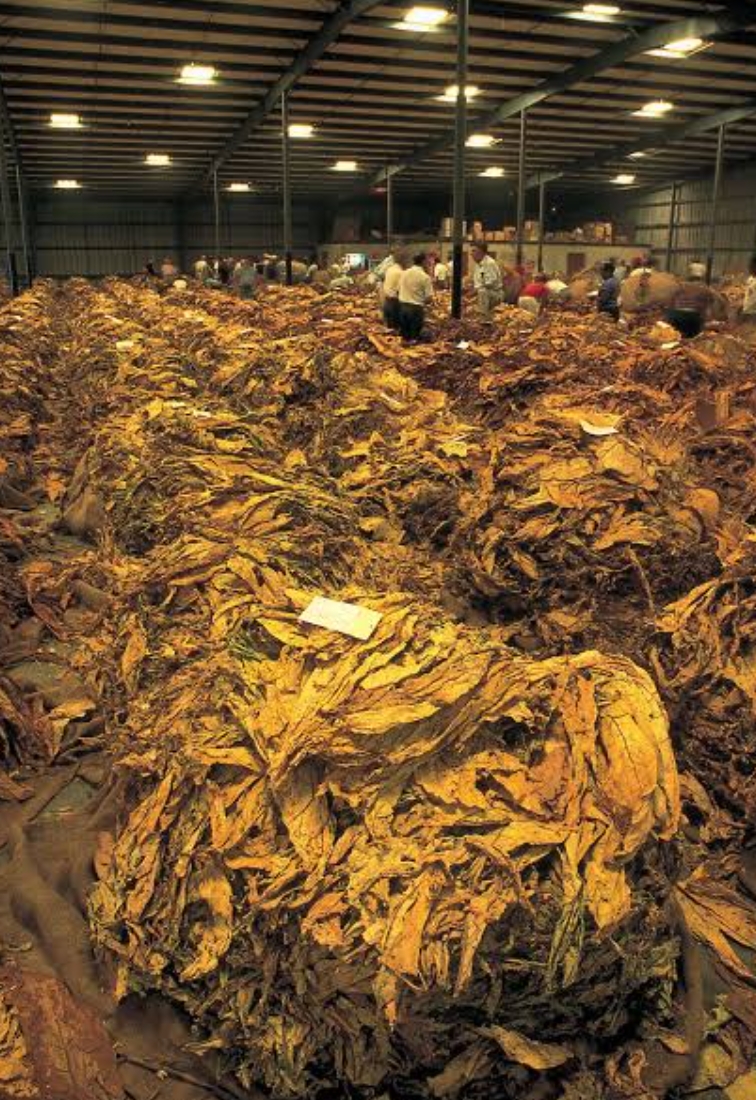
By Edu Abade
Public health experts and tobacco control advocates have again, canvassed effective taxation on tobacco products to discourage over 3.4 million Nigerian smokers, check the rising cases of smoking-related diseases and avert 3000 premature deaths in the country.
They also maintained that out of 28 of 80 countries, Nigeria’s performance worsened in a 2021 survey, which showed that in spite of the country’s tobacco control legislation and efforts, the industry is intensifying its interference to consolidate their hold on public health for their profits.
Speaking at a virtual workshop organized by the Renevlyn Development Initiative (RDI) titled: Tobacco and Data Journalism Training on January 29, 2024, an executive of Development Gateway, Seember Ali, who presented Gateway Development’s Tobacco Control Data Initiative (TCDI) dashboard for some African countries, stated that Nigeria loses N526.4 billion to the treatment of tobacco-induced diseases.
Further justifying the need to impose higher taxes on tobacco products, she said: “Treating diseases caused by tobacco was estimated to have cost N526.4 billion in 2019-nearly one tenth of healthcare costs in Nigeria. Also, 3000 premature deaths could have been averted if Nigeria has met the Economic Community of West African States (ECOWAS) tax directives.
“The illicit trade share is about 25 percent, which means that Nigeria lost about N1.5 billion in 2017 based on estimates. Sadly, in the TCDI Nigeria Shisha survey, the odds of being a current Shisha smoker is six times higher among those who smoked cigarettes than those who did not.”
Citing a 2020 report by CSEA Africa, she said: “Prior to 2018, Nigeria only taxed tobacco using an ad valorem tax of 20 percent. The specific tax was first introduced in June 2018 at ₦20 ($0.05) for pack of cigarettes. This increased to ₦40 ($0.11) in 2019 and ₦58 ($0.16) in 2020.
“The average retail price for a pack of cigarettes in Nigeria was ₦220 ($0.60) in 2018. Excise taxes made up 25 percent of the retail price of a pack of cigarettes in that year. Other tobacco products are taxed with a specific tax. In 2020, other tobacco products, which include smokeless tobacco products and shisha, were taxed at ₦1,000 ($ 2.6) per kilogram or ₦3,000 ($7.8) per litre.”
She explained that other taxes include excise tax levied on specific goods, specific tax based on quantity per carton, cigarette, gram loose leaf, Ad valorem tax based on monetary value or a percentage on the factory or retail price, Value Added Tax (VAT) on different goods, which was raised from 5 percent to 7.5 percent in 2020 and import duty levied on imported goods.
Seember pointed out that Nigeria ratified the World Health Organization Framework Convention on Tobacco Control (WHO-FCTC) in 2005, which recommends that excise taxes (ad valorem and specific) make up at least 70 percent of the retail price of a pack of cigarettes.
Nigeria is also a member of ECOWAS and their tax directive requires members to implement a specific tax of at least $0.40 (₦122) per pack of 20 cigarettes and an ad valorem tax of at least 50 percent.
She, however, lamented that Nigeria falls short of both measures, maintaining that to meet the ECOWAS directive, the ad valorem tax would need to increase from 20 percent to 50 percent and the specific tax would have to increase by ₦64, that is from ₦58 to ₦122.
She argued that increasing taxes on tobacco products is to ensure that cigarette consumption decreases, adding that estimates showed that Nigerians smoked 17.4 billion cigarettes in 2020.
“If cigarette taxes had met the ECOWAS directive of a N50 ad valorem tax and ₦122 specific tax per pack, the total number of cigarettes smoked would have decreased from N17.4 billion to 15.9 billion in 2020. Excise taxes would have accounted for 52 percent of the retail price of cigarettes if the ECOWAS directive was met. The WHO recommends that excise taxes make up 70 percent of the retail price of cigarettes,” she stated.
Citing a 2020 WWO report, she faulted the Tobacco Industry’s arguments against tax increases, adding that the industry will always oppose tax increases on its products, but affirmed that raising taxes is an effective way to increase the prices of tobacco products for both adults and youths, which will ultimately lead to lower consumption.
Besides Nigeria, the TCDI dashboard, which also prescribed tax increases on tobacco products, presented cases of tobacco industry interference, tobacco control and taxation issues in South Africa, Zambia, Etiopia, Kenya and the Democratic Republic of Congo (DRC). Details of the tax computations are captured in the TCDI dashboard at https://developmentgateway.org/casestudy/tcdi/.
Other speakers at the virtual training are Executive Director of RDI, Philip Jakpor, Media Strategist, Vanessa Adie Offiong Executive Director, Vision for Alternative Development (VALD) Ghana, Labram Musah and Research Analyst, International Food Policy Research Institute (IFPRI), Austine Iraoya, among others.
They recommended raising taxes on tobacco products as well as developing a home-grown database of tobacco related diseases and deaths and the need to adequately report industry tactics in undermining public health, taxation and tobacco control measures in Africa.











